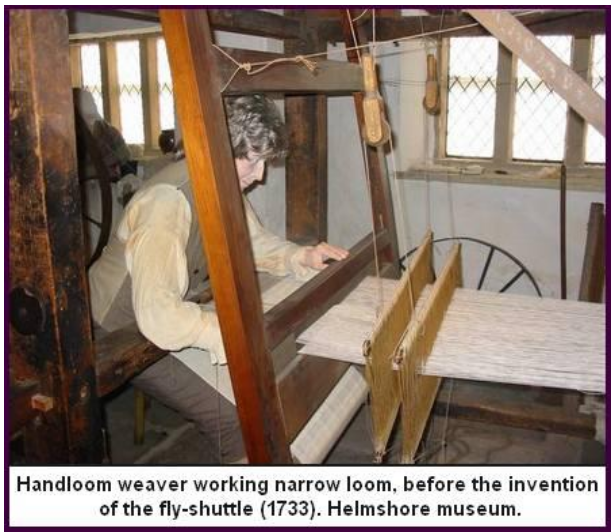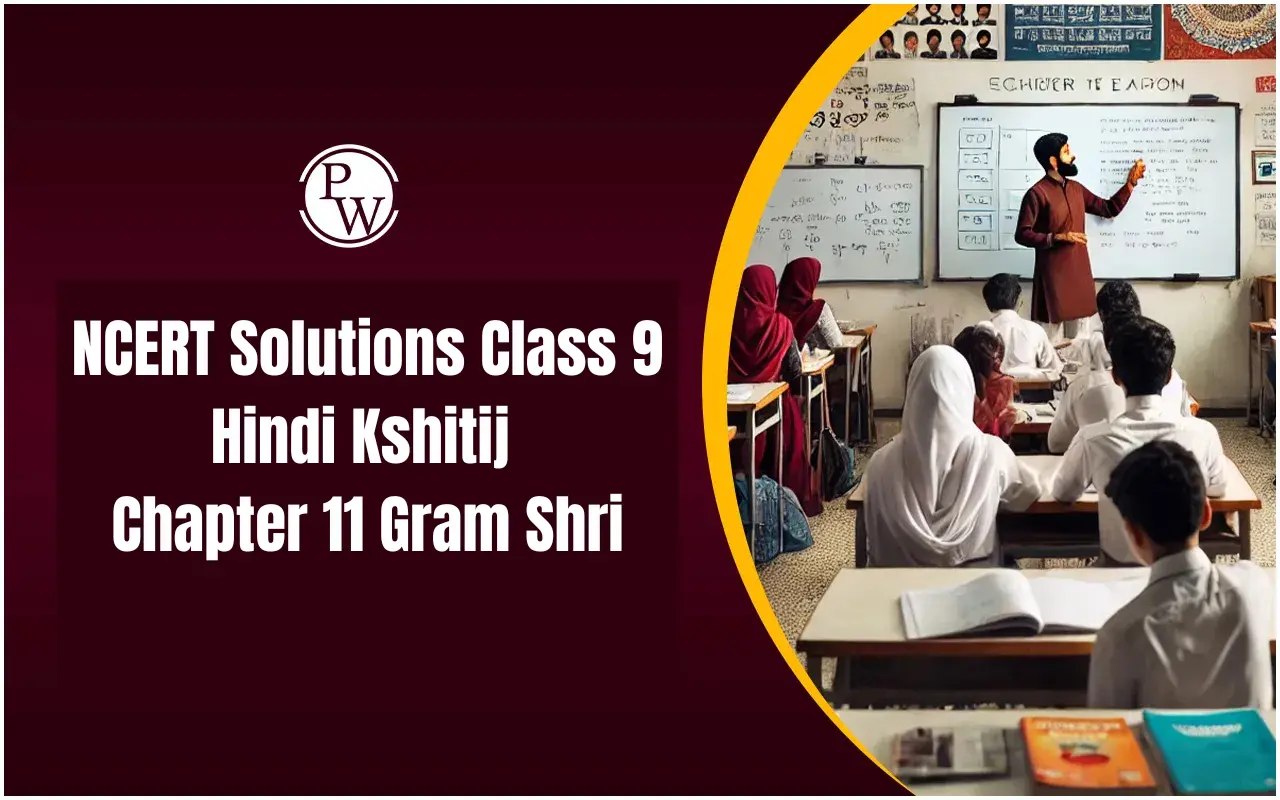
Before The Industrial Revolution
The Age Of Industrialization of Class 10
Before The Industrial Revolution
POWERFUL TRADE GUILDS:
In the seventeenth and eighteenth centuries, with the expansion of world trade and the acquisition of colonies in different parts of the world, the demand for goods began growing. But merchants could not expand production within towns. This was because here urban crafts and trade guilds were powerful. These were associations of producers that trained craftspeople, maintained control over production, regulated competition and prices, and restricted the entry of new people into the trade. Rulers granted different guilds the monopoly right to produce and trade in specific products. It was therefore difficult for new merchants to set up business in towns.
Merchants from the towns in Europe began moving to the countryside, supplying money to peasants and artisans, persuading them to produce for an international market.
CHEAPER LABOUR FROM RURAL AREAS:
In the countryside poor peasants and artisans began working for merchants. Cottagers and poor peasants who had earlier depended on common lands for their survival, gathering their firewood, berries, vegetables, hay and straw, had to now look for alternative sources of income. Many had tiny plots of land which could not provide work for all members of the household. So when merchants came around and offered advances to produce goods for them, peasant households eagerly agreed. By working for the merchants, they could remain in the countryside and continue to cultivate their small plots. Income from proto-industrial production supplemented their shrinking income from cultivation. It also allowed them a fuller use of their family labour resources.
Within this system a close relationship developed between the town and the countryside. Merchants were based in towns but the work was done mostly in the countryside. This proto-industrial system was thus part of a network of commercial exchanges. It was controlled by merchants and the goods were produced by a vast number of producers working within their family farms, not in factories. At each stage of production 20 to 25 workers were employed by each merchant. This meant that each clothier was controlling hundreds of workers.










